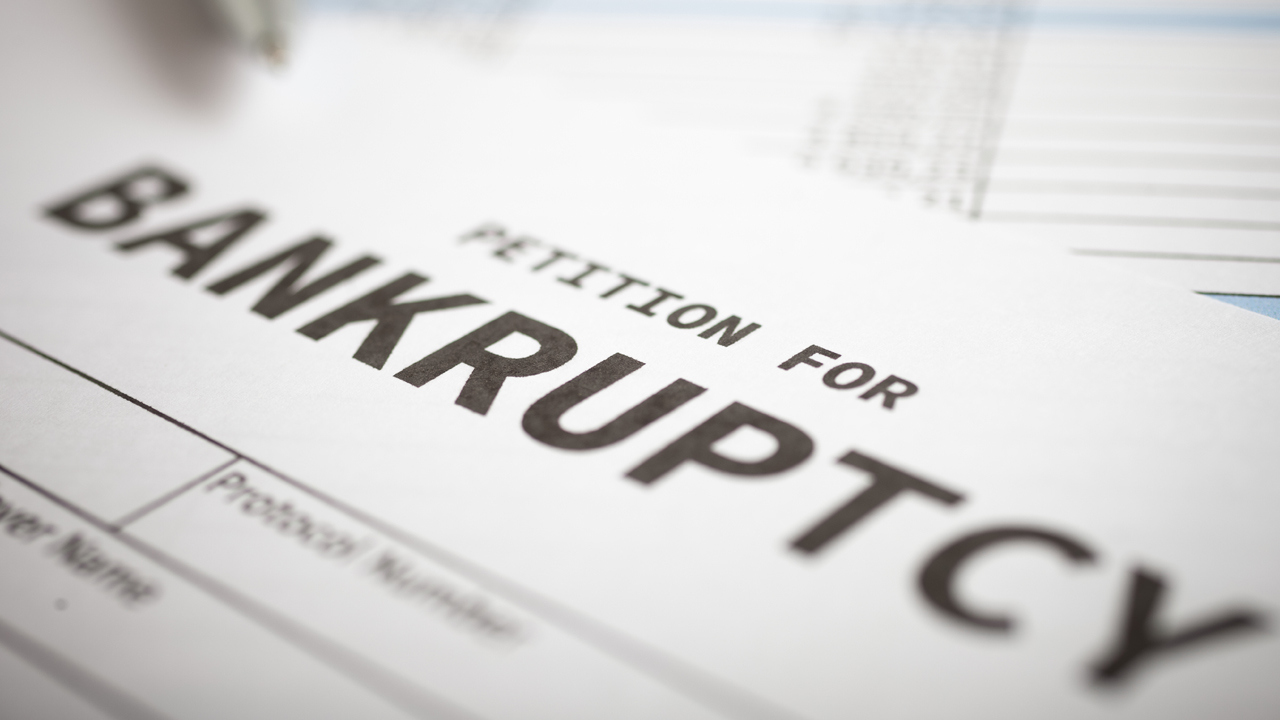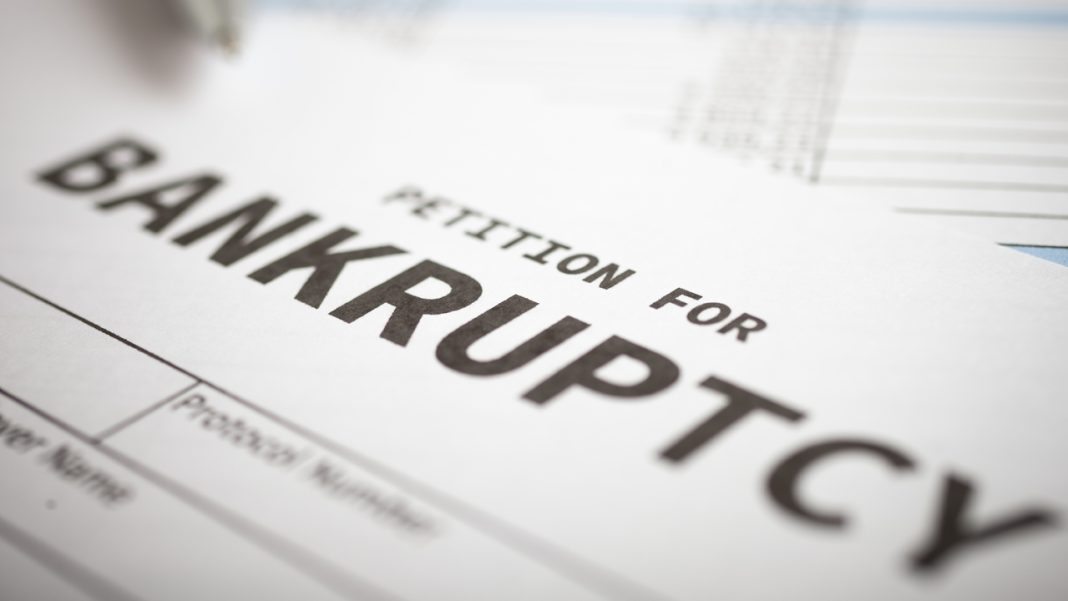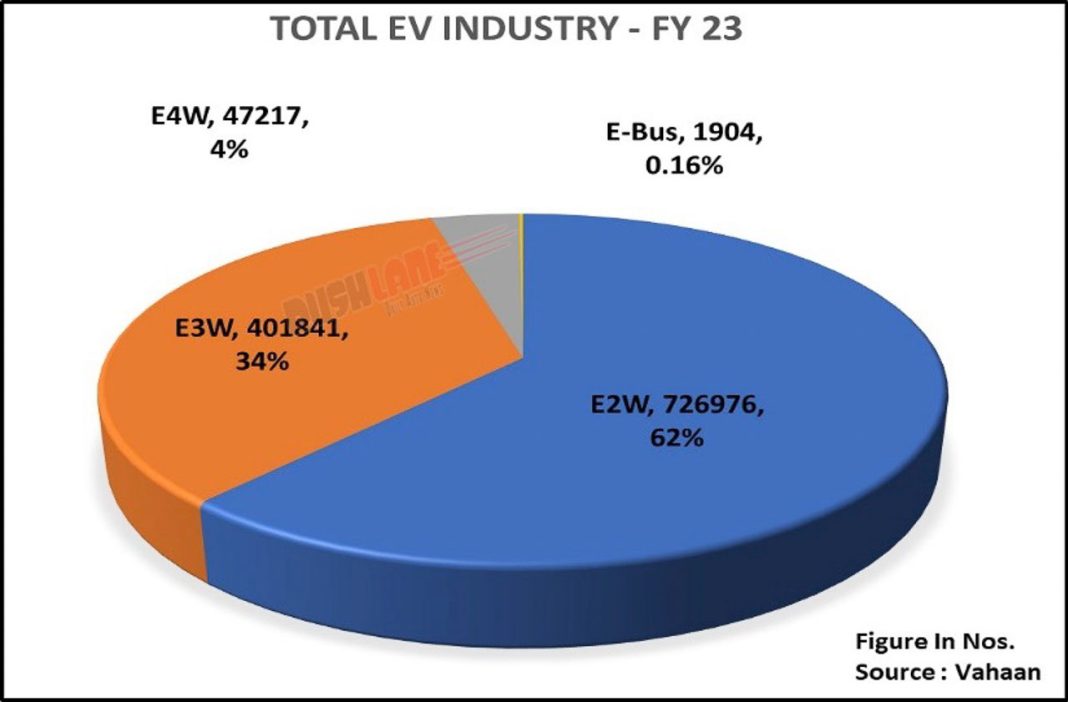 Fisker, a California-based electric vehicle maker, has recently filed for Chapter 11 bankruptcy protection in the District of Delaware. The decision comes as the company grapples with significant financial challenges and aims to restructure its operations. In a press release, Fisker stated that it is engaged in advanced discussions with financial stakeholders to secure debtor-in-possession financing and facilitate the sale of its assets.
Fisker, a California-based electric vehicle maker, has recently filed for Chapter 11 bankruptcy protection in the District of Delaware. The decision comes as the company grapples with significant financial challenges and aims to restructure its operations. In a press release, Fisker stated that it is engaged in advanced discussions with financial stakeholders to secure debtor-in-possession financing and facilitate the sale of its assets.
The company acknowledged the progress it has made since its founding, particularly highlighting the successful launch of the Ocean SUV, which arrived on the market ahead of schedule. However, like other players in the electric vehicle industry, Fisker has faced various market and macroeconomic headwinds that have hindered its efficiency.
After thoroughly evaluating its options, Fisker determined that the sale of assets under Chapter 11 was the most feasible path forward. As part of the bankruptcy proceedings, the company had previously announced a temporary pause in production for its only vehicle, the Fisker Ocean, to align inventory levels and pursue strategic and financing initiatives. This pause will remain in effect.
Fisker plans to file customary motions with the Bankruptcy Court to ensure that its reduced operations can continue smoothly. These motions include paying employee wages and benefits, preserving customer programs, and compensating necessary vendors moving forward. It’s worth noting that Fisker Inc. and its other U.S. subsidiaries, as well as subsidiaries outside the United States, are not included in the Chapter 11 filing at this time.
The decision to file for bankruptcy comes after a prolonged period of financial instability for Fisker. The company faced a default on a loan earlier this year after missing an $8.4 million interest payment. In its year-end report to the Securities and Exchange Commission (SEC), Fisker stated that there was substantial doubt regarding its ability to continue as a going concern.
Fisker, co-founded by renowned Danish automotive designer Henrik Fisker in 2016, was once valued at $2.9 billion. However, extensive operational and investment expenses have significantly depleted its resources. The company spent approximately $900 million in cash last year, reducing its cash balance to around $326 million by the end of the year. This amount further dwindled to approximately $54 million by mid-April.
To address its financial challenges, Fisker explored different avenues, including raising additional debt or equity financing, partnering with other manufacturers, and selling vehicles. Despite delivering over 6,400 units of its award-winning Ocean SUV, these efforts were insufficient to stabilize the company.
The Ocean, a five-passenger electric vehicle, competes in the premium EV market for luxury SUVs, alongside models like the Tesla Model 3 and BMW X3 Series. Fisker had implemented a strategy of significant price reductions for its 2023 Ocean models, with some trims discounted by up to $30,000. Additionally, the company is currently seeking dealer partners in North America and Europe as it transitions to a dealer partner model.
Henrik Fisker, who serves as the company’s chairman of the board and CEO, has a remarkable history in automotive design. He is known for developing the Fisker Karma, a luxury plug-in hybrid, as well as contributing to the designs of the BMW Z8 and Aston Martin DB9/V8 Vantage. Throughout its history, Fisker has faced intense competition and legal challenges, including a lawsuit by Tesla CEO Elon Musk in 2008, accusing Fisker of breach of contract while working on the styling of Tesla’s Model S before launching his own company.


